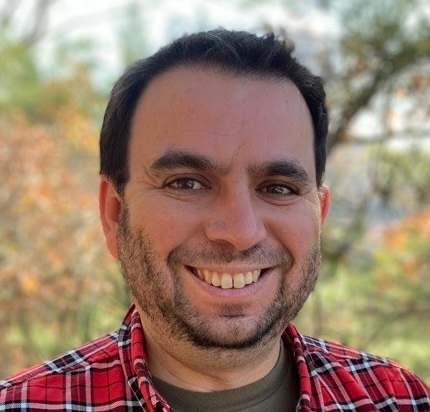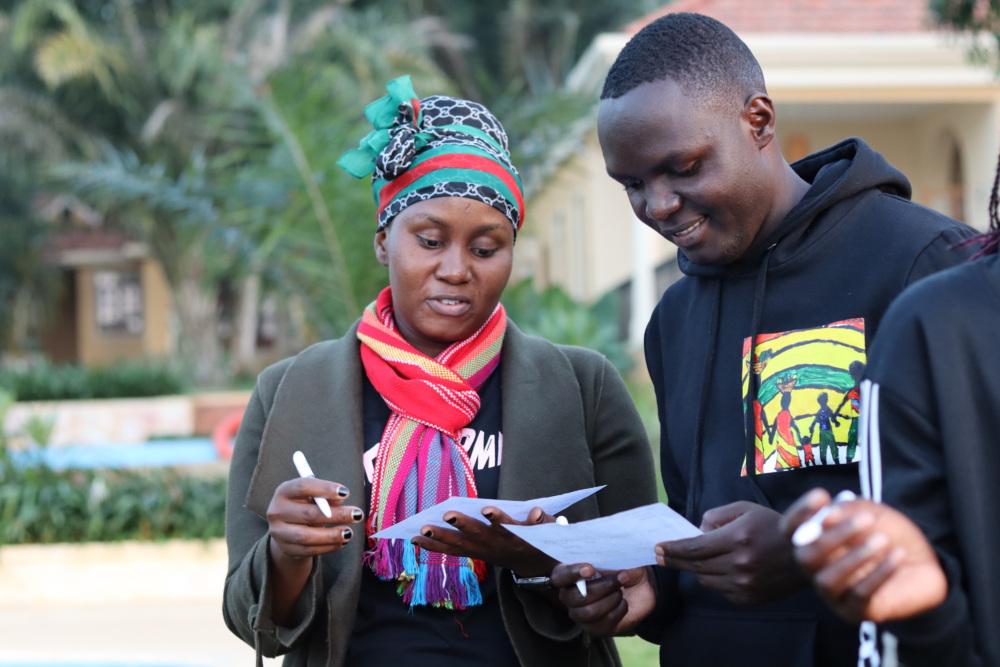UN Secretary-General’s Report Assesses Progress Made on SDGs Since 2015
The report emphasizes the ongoing commitment of governments to the 2030 Agenda and acknowledges progress in various areas. Nevertheless, only 15% of the SDG targets are on track, with 49% showing minimal or moderate progress and 36% experiencing stagnation or regression. It outlines essential steps required to achieve transformative progress by 2030.

The UN has released the UN Secretary-General’s annual report on SDG progress. The report updates on progress made since 2015 against the global SDG indicator framework. It will inform discussions during the July 2024 session of the UN High-level Political Forum on Sustainable Development (HLPF).
Dated 2 May 2024, the report (A/79/79-E/2024/54) underscores that “governments remain united behind the 2030 Agenda.” It highlights progress that is being made on reducing the global infant mortality rate, the incidence of HIV infections, and the cost of remittances, as well as on increasing access to water and sanitation, energy, and mobile broadband.
Yet, the report warns, in the past 12 months, little has changed in terms of trends. Only 15% of the SDG targets are on track to be achieved, 49% show minimal or moderate progress, and 36% of the targets show signs of stagnation or regression.
The report finds that while the early years of SDG implementation saw “slow but steady” progress, since 2019, “severe global headwinds,” including the COVID-19 pandemic, conflicts, geopolitical tensions, and climate change, have left the SDGs in peril, with the world’s most vulnerable people “bearing the brunt.”
According to the report, 23 million more people were living in extreme poverty in 2022 compared to 2019, and 123 million more experienced hunger. Greenhouse gas (GHG) concentrations “hit record highs” in 2022, surging to 150% above pre-industrial levels. Civilian casualties in armed conflict increased by 72% between 2022 and 2023
At USD 223.7 billion in 2023, official development assistance (ODA) was the highest ever, and foreign direct investment (FDI) flows reached USD 1.37 trillion. However, sustainable development grants to developing countries fell in 2022, and while debt levels decreased slightly, they remained “exceptionally high.” The report calls attention to the USD 4 trillion annual investment gap for developing countries to achieve the SDGs.
To “deliver transformative progress between now and 2030,” the report underscores the need to:
- Ensure peace;
- Unlock greater financing and fiscal space for developing countries and secure a more equitable, representative, and effective international financial system; and
- Unlock transformative progress across the Goals by doubling down on key transitions around energy, food, digital connectivity, social protection and decent jobs, education, and the triple planetary crisis of climate change, biodiversity loss, and pollution.
The Secretary-General’s report is one of several SDG assessments released each year in the lead-up to the HLPF. The Sustainable Development Goals Report by the UN Statistics Division and the Sustainable Development Report by the Sustainable Development Solutions Network (SDSN) – both forthcoming – will also inform HLPF deliberations in July. [Publication: Progress Towards the Sustainable Development Goals]
What is Your Reaction?
 Like
0
Like
0
 Dislike
0
Dislike
0
 Love
0
Love
0
 Funny
0
Funny
0
 Angry
0
Angry
0
 Sad
0
Sad
0
 Wow
0
Wow
0
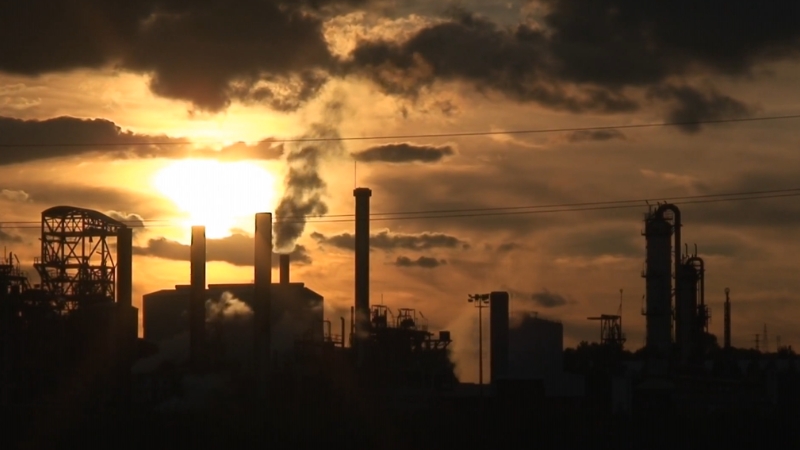
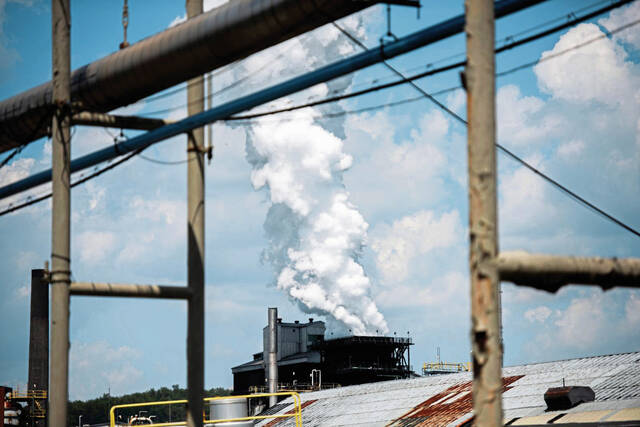













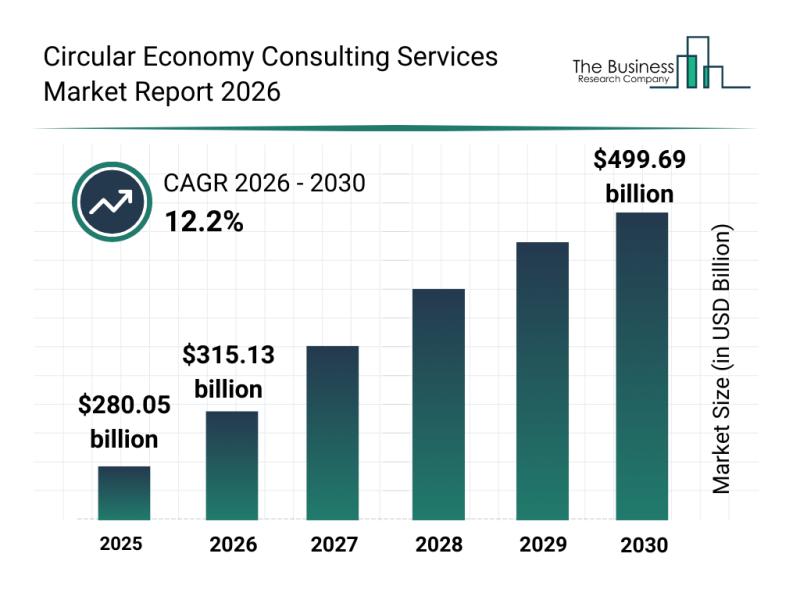







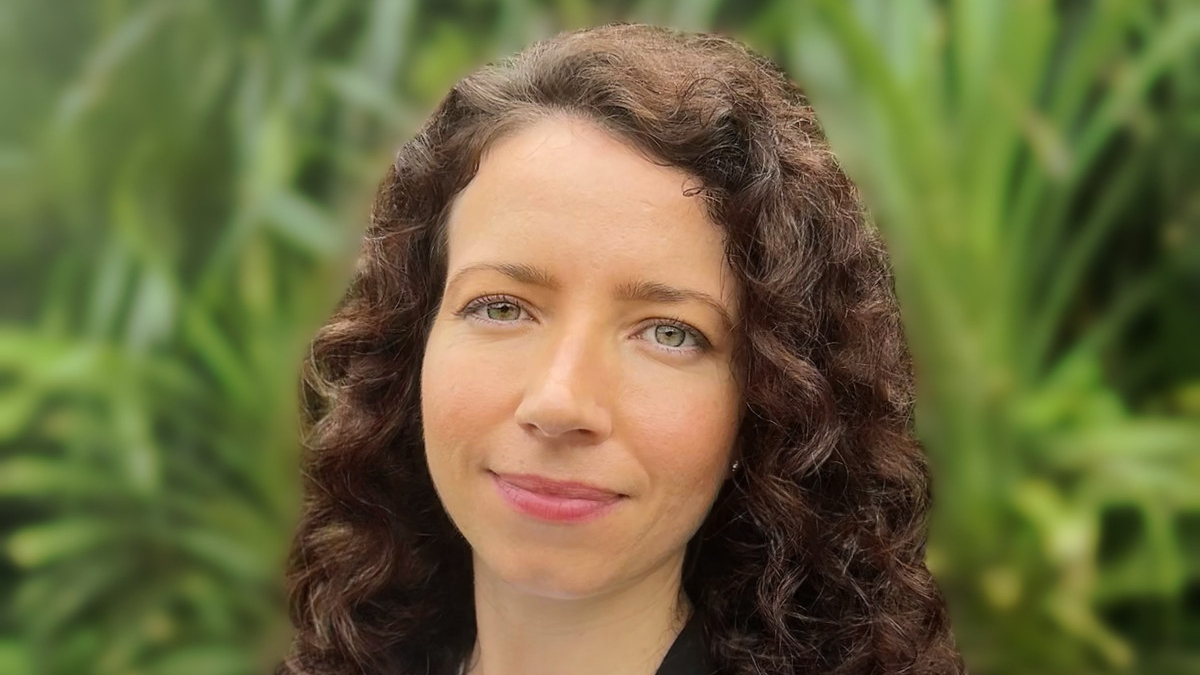
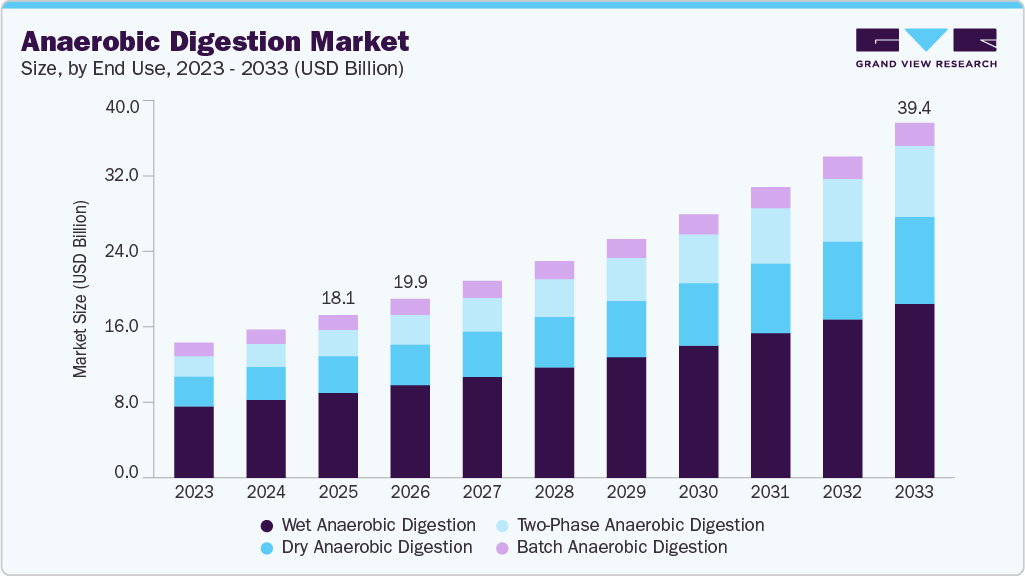























;Resize=620#)







